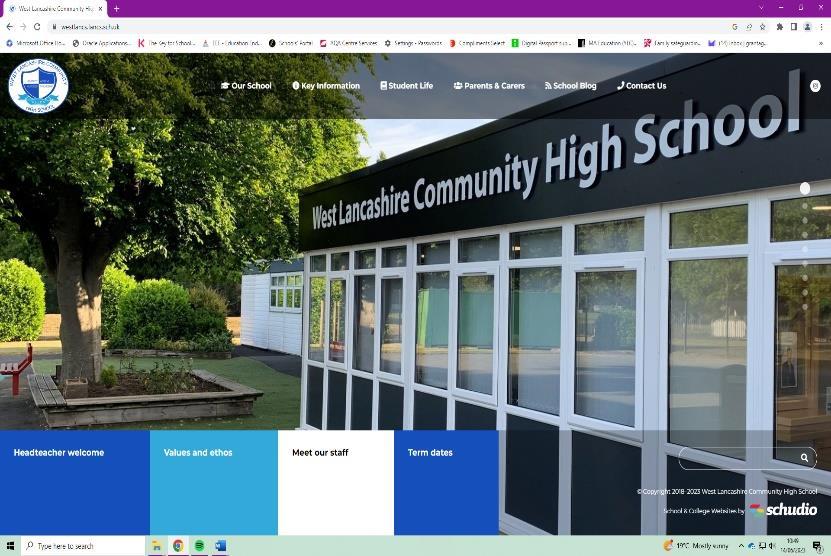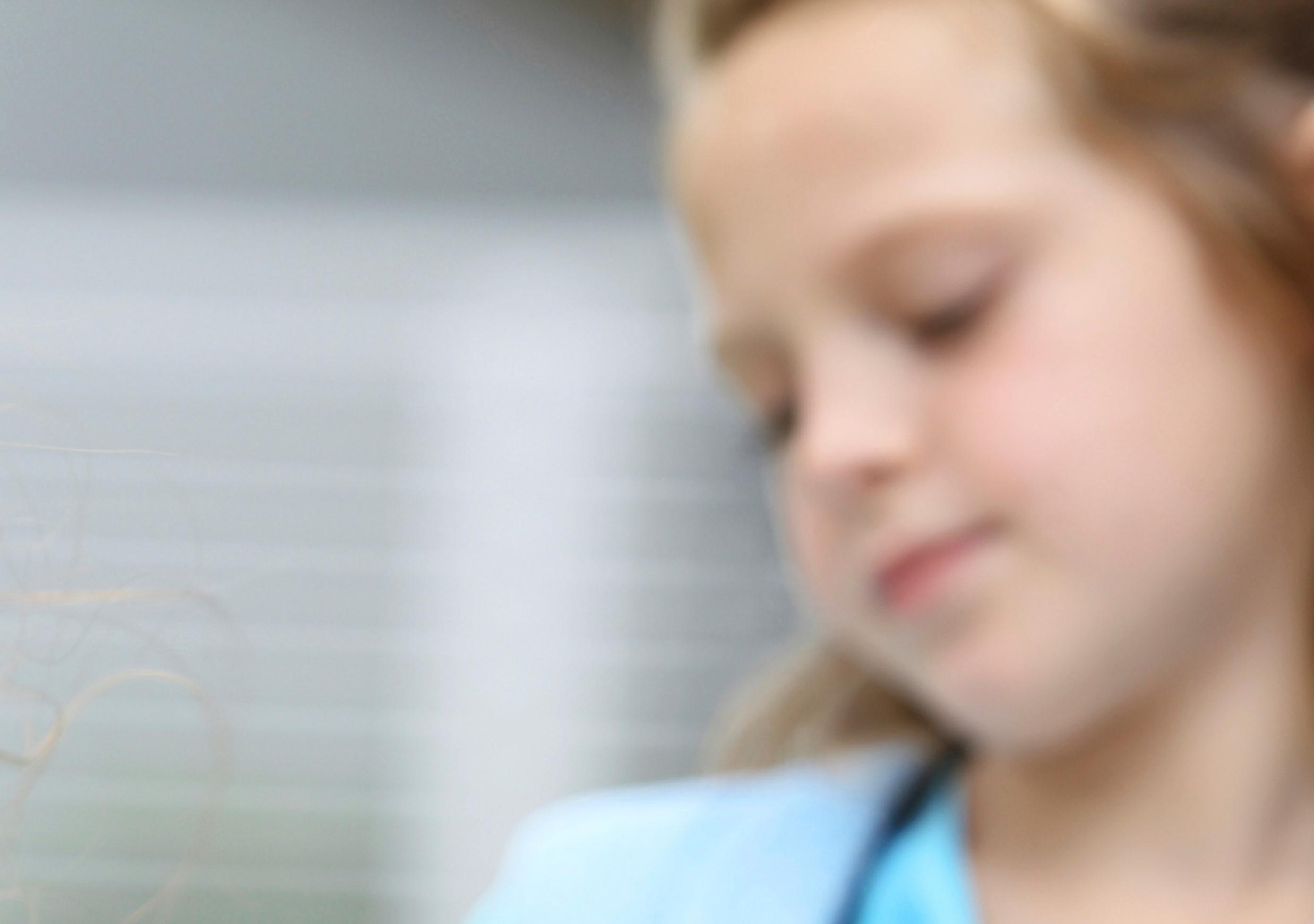Because of this, as adults, we must take on that responsibility
By understanding the risks and putting in place family safety plans we can prevent abuse from happening in the first place. Stories in the media coupled with misunderstandings about child sexual abuse often makes us feel that it is inevitable.
While the media portray sexual abusers as monsters, strangers who we do not know, the reality is that children are most likely to be abused by people we and they know – family members, friends of the family or people they know in their community.
Youngsters are immediately safer when adults:
Understand the potential risks
Recognise signs of possible abuse in children
Are aware of inappropriate behaviour in adults
Know preventative measures to take
Know where to go for help with any concerns
sexual abuse before we can begin to protect children.
4 quick steps to find our support for you as a parent
1. https://westlancs.lancs.sch.uk/
2. Key Information

3. Safeguarding
4. Online Safety Parents support.
• This shows you how to plan with simple steps that you can take immediately to create safer environments for children
• Helps you start important conversations with your child and other adults
• Explains dangers posed by the Internet and how to minimise risks to children
• Holds resources such as posters and leaflets so you can help make your family safer
All adults have a role to play – the more adults who know the simple steps to protect children, the better.

1 Know the signs
“Warning sign” is just another way of saying “opportunity to prevent and protect”. Acting on the signs can prevent abuse from happening in the first place.
2 Open lines of communication
Starting conversations around sexual behaviour or concerns you have is vital. But it is not a one-time only event – let everyone know it is ok to talk and ask questions.
4 Set clear family boundaries
For example, if a child doesn’t want to hug or kiss someone then tell them its ok to ‘fist pump’ as a greeting.
3 Educate everyone in the family.
Understanding the issues and passing that information on will help protect all children from
5 Get safe adults involved
Be sure that no one in your family is isolated and that everyone has someone to talk to
6 Take care with who has access to your children
Be aware of who pays attention to your child
Some simple steps that you can take at home
Be aware of who pays attention to your child.

Always here to help deputy@westlancs.lanc.sch.uk mullen@westlancs.lancs.sch.uk 01695-721487













